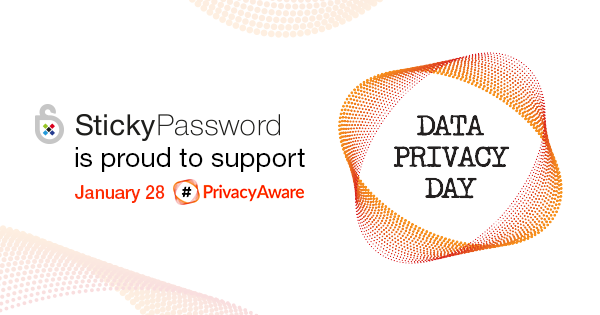Data privacy vs. I have nothing to hide
Privacy is a natural instinct that there is something we don’t want just anyone to know about us. Privacy gives us control over our circumstances. Just like our fight or flight response to threatening situations, privacy is a basic human survival mechanism.
Depending on the situation, privacy can literally be anything:
- your location in a cave
- your age
- the amount of money in your wallet
- that you’re in love with someone … else
- the password to your online bank account
- that you really did eat the last piece of cake
- your social security number (ID)
- the medication you’re taking

When you get down to it, privacy is a habit. And in today’s 24/7 online world, it is becoming harder and harder to practice privacy. We’re constantly assaulted by requests for our personal data. It seems that everyone wants a piece of us – at least some information about us. Everyday we’re seeing and hearing so much about so many people that not long ago – before reality TV – was still considered private.
And with all these revelations about other people, the implicit and often explicit message is that our own privacy doesn’t matter.

The thing is, you either consider the personal things in your life to be private (i.e. not something we want to share with people we don’t know) or you don’t care. Actually, it’s not that you don’t care about privacy, it’s that your privacy instinct has been watered down by an “I have nothing to hide” sentiment that has saturated the airwaves and the internet. If it’s OK to post embarrassing selfies and intimate details of my personal life to anyone who’s interested on social media, how can I possibly object when they want to know even more about me!?
In a way, it’s flattering that someone wants to know more about us! (And flattery will get you anywhere!)
- If movie stars and famous people are so open about their private lives, then shouldn’t I be?
- If a company is offering me a discount in exchange for my income and household information, wouldn’t I be silly to not take advantage of the generous offer?
- If my government is telling me that it needs my personal data to protect me, then what right do I have to object?

It’s only pretty recently that privacy has started getting a bad rap. Which is kind of weird because before the internet and reality TV (that’s really only about 20-25 years ago), it was perfectly normal for people to have a none of your business response to prying questions by marketers and government agencies alike.

But with the development of more prying tools, marketing tracking, video camera surveillance, the reality of what goes online stays online of the internet, and monitoring of social media and communication networks – i.e. legitimate as well as illegitimate demands on our data that are almost impossible to discern – it is important that we start saying “it’s none of your business,” again, and start practicing privacy.

Luckily, through projects like Data Privacy Day, privacy is starting to make a comeback.

At Sticky Password, we’re big fans of StaySafeOnline.org and their Stop.Think.Connect. campaign. We’ve shared a few Tweets from the #PrivacyAware #ChatSTC held on Jan 27 as a lead in to Data Privacy Day.



